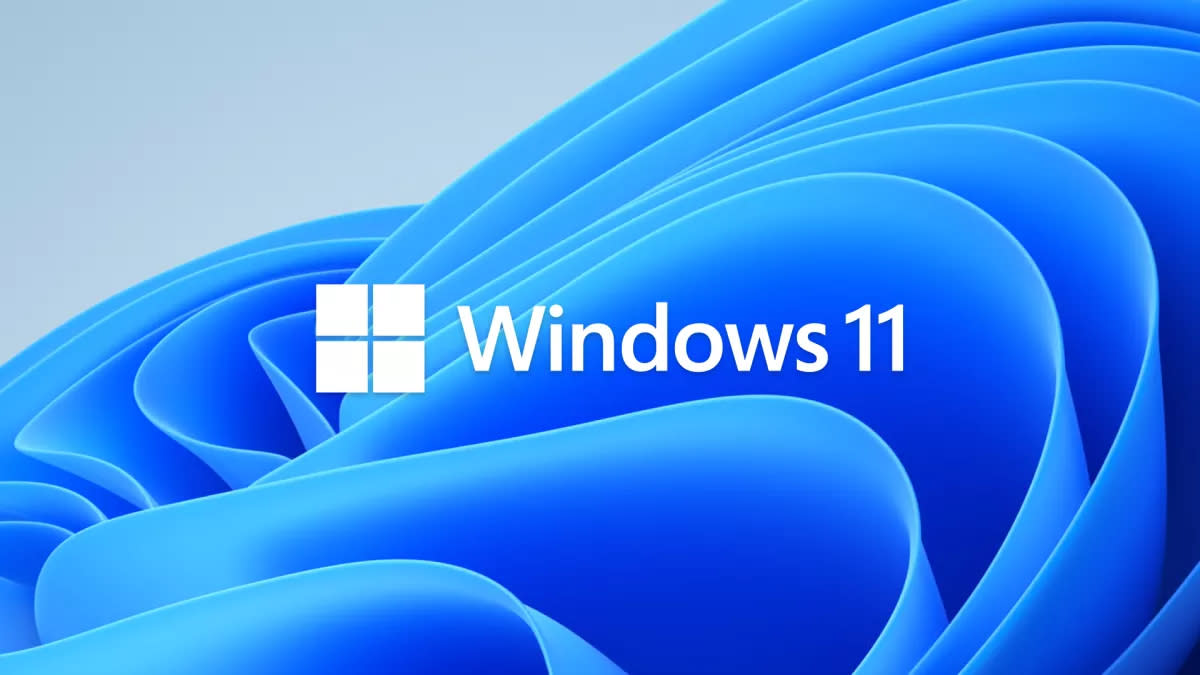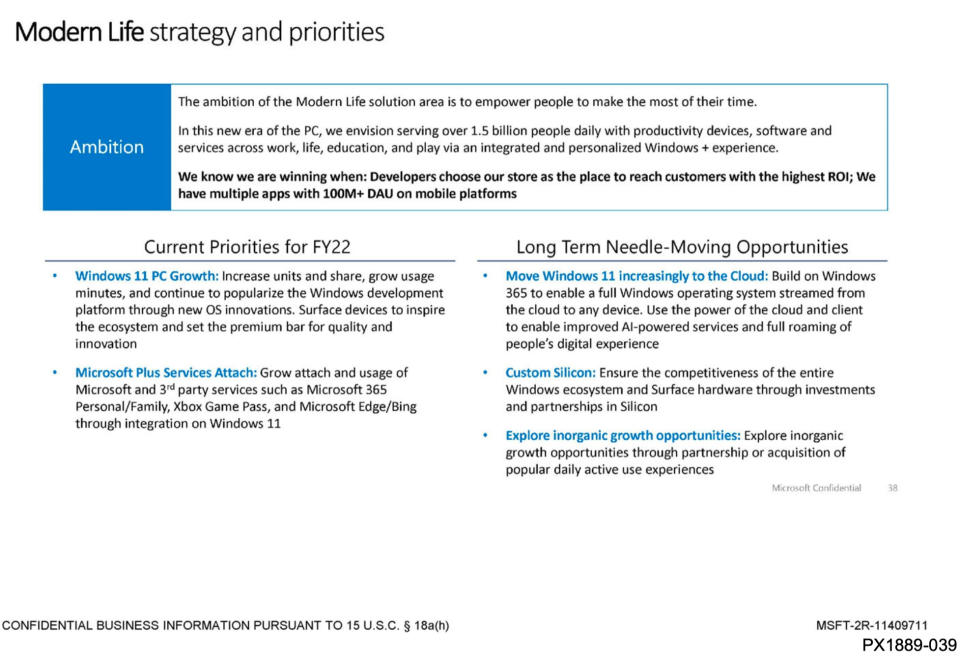Windows 11’s Potential Subscription-Based Cloud Future Revealed by FTC

With so many cloud-enabled services allowing you to stream music, movies, and even games from just about any device (or browser), why can’t we do the same for operating systems? Microsoft has already dabbled into this foray with Windows 365, its cloud-based Windows virtual machine offering aimed at businesses.
With Windows 365, each user is given their own custom Windows virtual machine hosted in the Windows 365 service. Since it’s a cloud-based service, each Windows virtual machine can be accessed using a web browser or an app on Windows and Mac devices. Even more flexibility is afforded with support for iOS/iPadOS and Android devices.
So, what if Microsoft extended the capabilities it currently bills to businesses on a per-user, per-month basis to general consumers? That is precisely what the Redmond, Washington-based company is envisioning, according to internal documents [PDF] made public thanks to the FTC vs. Microsoft hearing currently taking place. While the court case revolves around the FTC’s attempt to block Microsoft’s proposed $68.7 billion acquisition of Activision-Blizzard, ancillary details about the company’s business units have also come to light.

As first reported by The Verge, an internal Microsoft presentation entitled “Modern Life Strategies and Priorities” talks about the company’s ambition to “empower people to make the most of their time.” Microsoft also talks about its goal to serve in excess of 1.5 billion people daily across its software platforms.
The presentation, dated June 2022, also reveals that one of Microsoft’s long-term goals is to use the foundation it created with Windows 365 to “enable a full Windows operating system streamed from the cloud to any device.” By shifting Windows to the cloud, Microsoft says it will leverage the “power of the cloud and client to enable improved AI-powered services and full roaming of people’s digital experience.”
The idea of a fully “in the cloud” Windows for consumers may have seemed far-fetched a decade ago, but Microsoft has already eased its customers into such a transition. Office has been one of Microsoft’s big tentpole applications for decades in corporate and home settings. With Office 365, Microsoft moved from a monolithic software application that saw a new release every one to two years to a software-as-a-service model where customers pay a monthly or yearly subscription to access cloud-backed Office apps like Word, Excel and PowerPoint.
This subscription model means reliable, recurring revenue for Microsoft versus a one-time purchase that customers may choose to keep for years without upgrading. Transitioning Windows to this model seemed inevitable for a large, mature company like Microsoft that is perennially tasked with adopting clever ways to increase revenue.
Perhaps one of the first steps in Microsoft’s Windows 11 in the cloud model is Windows 365 Boot. This feature was announced a month ago and allows users to boot directly into an Azure-based cloud PC instance without first logging into their local Windows 11 install. Windows 365 Boot is currently available in Windows 11 22H2.
Elsewhere in the slide, Microsoft talked about its desire to bolster both its Windows software and Surface hardware business by investing heavily in silicon partnerships. Microsoft already partners with Qualcomm on custom Arm chips for its Surface Pro X convertibles, and the company is actively recruiting senior project engineers for the “Microsoft Silicon Team.”

